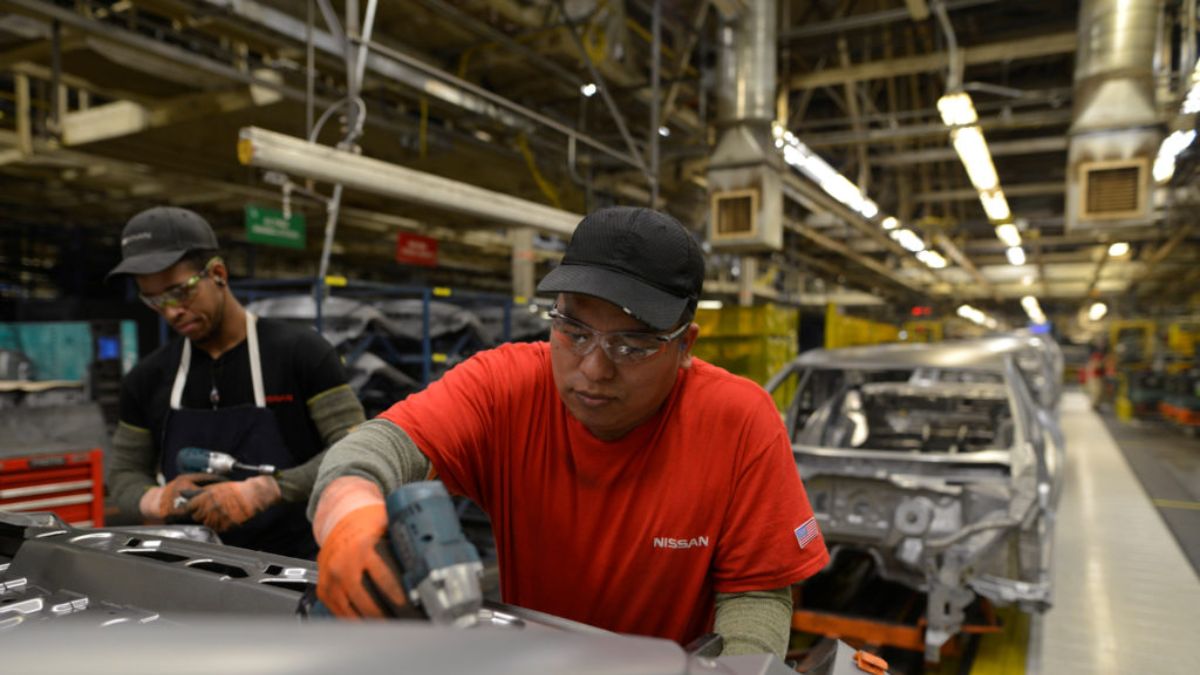Investors in the U.S. are starting to worry about something more than just tariffs. As the second half of the year begins, people who invest in the stock and bond markets are now focusing on the job market, and the signs are not looking great.
Over the past few months, the job market has been holding up pretty well. Companies were slowing down their hiring, but people were still getting jobs, and the unemployment rate stayed between 4% and 4.2%. However, recent reports are showing signs that this may be changing, and not for the better.
A big report about U.S. jobs is coming soon, and investors are nervous. A recent ADP report, which shows how many jobs were added or lost in the private sector, said that in June, private businesses actually cut jobs for the first time since 2023. This could be a sign that job growth in the U.S. is stalling or even stopping. If that happens, it might scare investors, cause stock prices to fall, and bring fresh trouble to the bond market.
An investment expert named Jack McIntyre says he expects hiring to keep slowing down over the next few months. He believes this is partly because of the new tariffs announced by former President Donald Trump and other changes from his economic plans. Although he doesn’t think the June job report will be terrible, he does expect things to get worse later this year.
Right now, the U.S. economy is creating about 135,000 new jobs each month on average. That’s fewer than the 186,000 jobs added monthly one year ago. Economists are predicting around 110,000 new jobs for June, but some experts say it could be even fewer, possibly under 100,000. Businesses might be unsure about hiring because of the uncertainty around tariffs and other economic policies.
The ADP report added to those worries by showing that companies actually reduced their payrolls in June. Another expert, Luke Tilley, thinks unemployment might rise slightly to 4.3%. He also pointed out that a new bill passed by the Senate could give companies tax breaks for buying equipment. If that becomes law, companies might spend money on machines instead of hiring people.
What’s also troubling is that while companies aren’t firing lots of workers, they’re also not hiring many either. That means people looking for jobs may find it harder to get one. And if people can’t get jobs, they may start spending less money, which could hurt the economy even more.
Some experts say there’s even a chance the U.S. might create almost no new jobs at all in the next few months. That could cause investors to sell their stocks and lead to higher risk in the bond market, too.
If the job market continues to weaken, the Federal Reserve might step in to help by cutting interest rates. That would make borrowing cheaper and could help support the economy. Fed Chair Jerome Powell said this week that the Fed will keep watching the economy closely and make decisions one step at a time.
If things get bad, experts believe the Fed could cut interest rates two times this year, which might help stop the economy from falling into a full recession. If stock prices do go down, some investors say it could be a good chance to buy while prices are low.
Still, not everyone is feeling hopeful. Luke Tilley thinks the chance of a recession in the next year is about 50%. He believes many people are already struggling to spend the same way they did before, and rising costs from tariffs may make it even harder. Even if there is a downturn, he expects things to get better again within about a year.
As for bond yields, which affect everything from mortgages to savings accounts, they have gone up since last year’s election. But experts like McIntyre believe those rates might start to fall gently instead of suddenly dropping. That could be the market’s way of adjusting to the new reality of slower job growth.
So far this year, the stock market has done fairly well overall. The Dow Jones is up 4.6%, the S&P 500 is up 5.4%, and the Nasdaq has gained 4.6%. But if the job market keeps slowing down, those numbers could change, and investors are watching closely.


